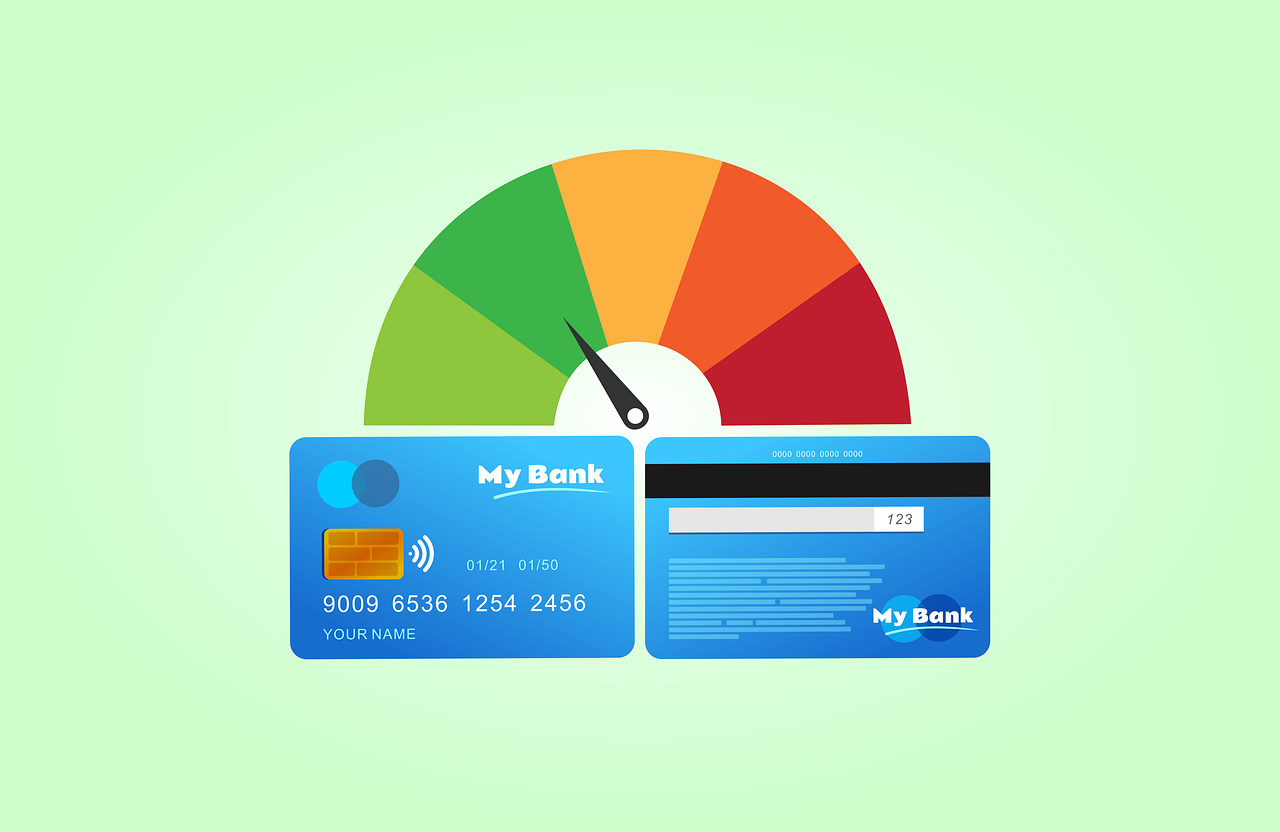CIBIL SCORE NOT MANDATORY for the First-Time Borrowers:
CIBIL Score Not Mandatory — The Finance Ministry and RBI have clarified that first-time borrowers cannot be denied loans solely for lacking a CIBIL score. Instead, banks must assess creditworthiness using other factors like income, repayment capacity, and job stability.
Dated 23.09.2025: The Finance Ministry has recently clarified that banks cannot reject a loan application solely because a first-time borrower has no credit history or CIBIL score. The Reserve Bank of India (RBI) has issued a directive to this effect. Lenders are expected to consider other factors and conduct due diligence to assess the creditworthiness of such applicants.
What is CIBIL SCORE and what are the other factors banks consider for granting loans ?
CIBIL SCORE : A CIBIL score is a three-digit number, ranging from 300 to 900, that summarizes your credit history and serves as an indicator of your creditworthiness. It is a product of TransUnion CIBIL, one of the four credit information companies (CICs) in India.
When you apply for a loan or a credit card, lenders (banks and other financial institutions) check your CIBIL score and credit report to assess the risk of lending to you. A high score suggests that you are a responsible borrower with a strong repayment history, which increases your chances of getting loan approval, a higher loan amount, and potentially a lower interest rate. A low score, on the other hand, may be viewed as a sign of high risk, which could lead to a loan rejection or a less favorable offer.
How is a CIBIL Score calculated?
Your CIBIL score is determined by a variety of factors, each with a specific weight. The most significant factors are:
- Payment History (35%): This is the most crucial factor. It tracks whether you have paid your loan EMIs and credit card bills on time. Consistently making timely payments is the single best way to maintain a high score. Late or missed payments, defaults, or loan settlements can significantly lower your score.
- Credit Utilization Ratio (30%): This is the percentage of your available credit limit that you are currently using. For example, if your credit card limit is ₹1 lakh and you have an outstanding balance of ₹30,000, your utilization ratio is 30%. It is generally recommended to keep this ratio below 30% to demonstrate that you are not overly dependent on credit. A high utilization ratio can negatively impact your score.
- Length of Credit History (15%): This refers to the duration since you opened your first credit account. A longer credit history with a consistent record of timely payments demonstrates experience in managing credit, which is viewed favorably by lenders.
- Credit Mix and Type (10%): A healthy mix of different types of credit (secured and unsecured) can positively impact your score. Secured loans are backed by collateral (e.g., home or auto loans), while unsecured loans are not (e.g., personal loans or credit cards). Having a balanced mix shows that you can responsibly manage various credit products.
New Credit Enquiries (10%): Every time you apply for a new loan or credit card, the lender performs a “hard inquiry” on your credit report, which is recorded. A large number of inquiries in a short period can make you appear “credit-hungry” and may negatively affect your score.
What are the other parameters looked at by banks for sanctioning loans ?
While the CIBIL score is a primary factor, banks and financial institutions look at a comprehensive set of parameters to determine an applicant’s creditworthiness and ability to repay a loan. These other key factors include:
1. Income and Repayment Capacity
- Gross Monthly Income: This is the most fundamental criterion. Lenders want to ensure you have a stable and sufficient income to comfortably make your EMI payments.
- Debt-to-Income (DTI) Ratio: This ratio compares your total monthly debt payments (including existing EMIs and the new loan’s EMI) to your gross monthly income. Most lenders prefer a DTI ratio below 40-50%. A high DTI indicates that you are already over-leveraged and may struggle to take on new debt.
- Proof of Income: Banks require documents like salary slips, bank statements, and income tax returns (ITR) to verify your income and cash flow. For self-employed individuals, they may require audited financial statements and business ITRs.
- Additional Income Sources: If you have other sources of income (e.g., rental income, passive income), providing proof of these can significantly improve your eligibility.
2. Employment and Professional Stability
- Employment Type and Status: Lenders assess whether you are a salaried employee, a self-employed professional (like a doctor or a CA), or a business owner. Salaried individuals with stable jobs in reputable companies are often viewed as lower-risk borrowers.
- Work Experience: A longer and more stable work history demonstrates a reliable source of income. Many banks have a minimum work experience requirement (e.g., 2 years) for loan eligibility.
- Employer’s Reputation: If you work for a well-known, established company or a government organization, it can strengthen your application as it signifies job security.
3. Age
- Age at Application: Lenders have an age bracket for loan applicants (e.g., 21 to 60 years). Your age determines the repayment tenure you can be offered.
- Age at Loan Maturity: Banks also consider your age at the time the loan is expected to be fully repaid. For example, if the retirement age is 60, a bank might be reluctant to offer a long-term loan to someone who is 55.
4. Collateral and Down Payment (for secured loans)
- Collateral Value: For secured loans like home loans or car loans, the value of the asset you are offering as collateral is a key factor. The loan amount is a percentage of the collateral’s market value.
- Down Payment/Margin: A higher down payment on a home or car loan reduces the amount you need to borrow and, therefore, the risk for the lender.
5. Existing Relationship with the Bank
- Banking Relationship: If you have a long-standing relationship with a bank, such as a salary account or a savings account with a good balance, they may offer you a loan on more favorable terms. The bank already has a history of your financial behavior, which can streamline the approval process.
6. Other Factors
- Loan Purpose: The reason for the loan can also be a factor. For example, banks may be more willing to lend for a home or education than for other personal expenses, as they are considered more productive uses of credit.
- Documentation: Having all the required documents (KYC, income proof, etc.) in order and without discrepancies is crucial for a smooth and quick approval process.
What are the fresh inititiatives by the Government on CIBIL ?
Based on recent announcements from the Ministry of Finance, here are some key clarifications and developments regarding CIBIL scores:
A “Grameen Credit Score” is being developed: During a post-budget webinar, the Finance Ministry discussed the implementation of a “Grameen Credit Score.” This is intended to provide a more accurate credit profile of rural borrowers, who may not have a traditional credit history.
NFIR to Complement, not Replace CIBIL: The government’s plan to set up a National Financial Information Registry (NFIR), which was announced in a previous budget, is intended to serve as a central repository of credit and related information. However, the Finance Ministry has stated there are no current plans for the NFIR to replace CIBIL or other existing credit information companies (CICs). The NFIR is expected to provide a wider pool of data to enable more comprehensive credit assessments.
CIBIL Score is an Input, Not the Sole Determinant: The RBI has not mandated a minimum credit score for loan applications. The Finance Ministry has reinforced that a Credit Information Report (CIR), which includes the CIBIL score, is one of several inputs that banks use to make a lending decision, not the sole factor.
Unified Lending Interface (ULI): The Department of Financial Services (DFS), under the Ministry of Finance, is working to scale up the Unified Lending Interface (ULI). This digital platform aims to simplify the lending process and reduce reliance on traditional credit scores by using alternative data sources, such as utility bill payments and GST records, to assess creditworthiness.
Link to credible sources:
For more information Contact Us







